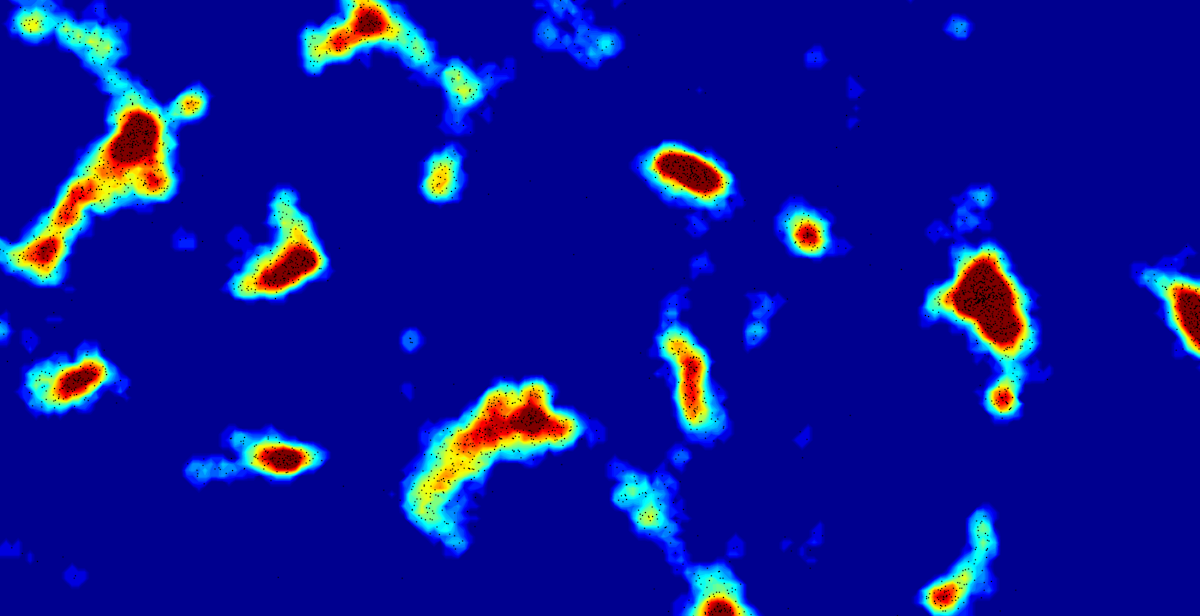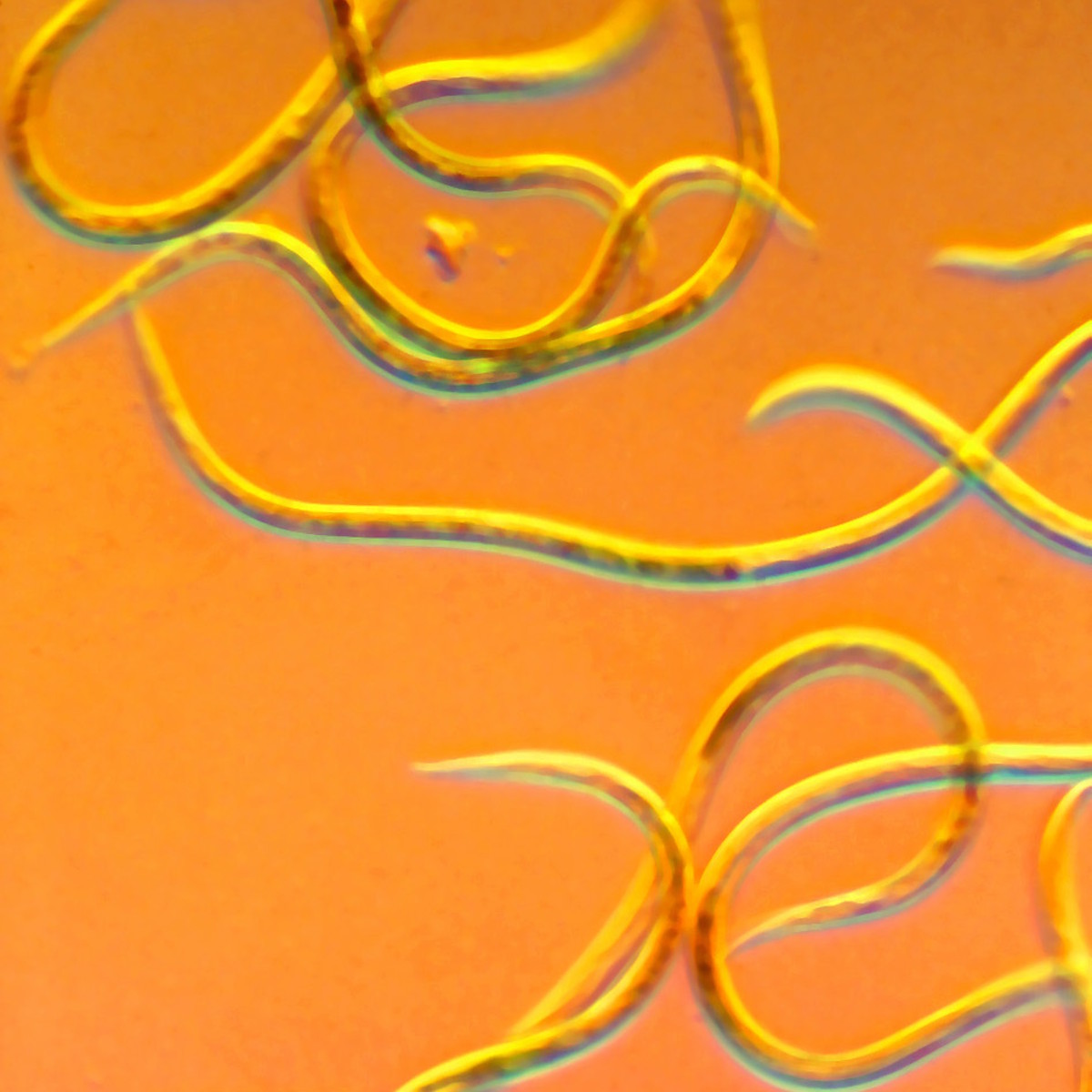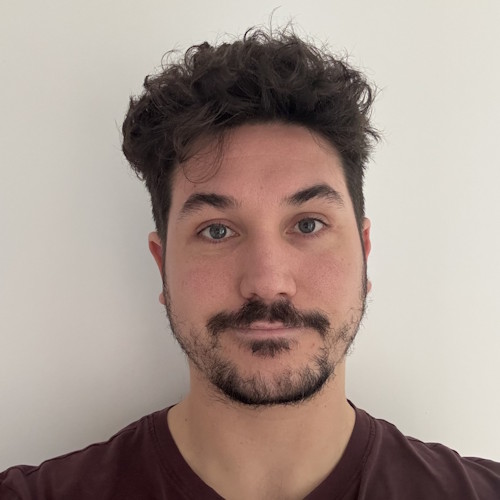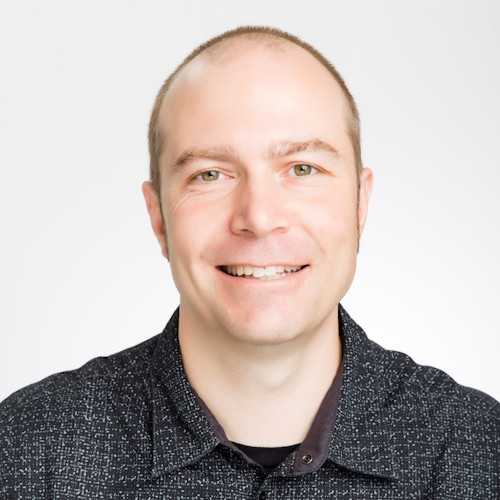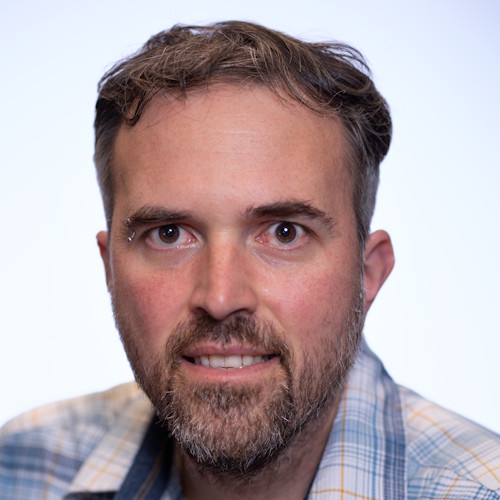Towards a microsporidian taxonomy
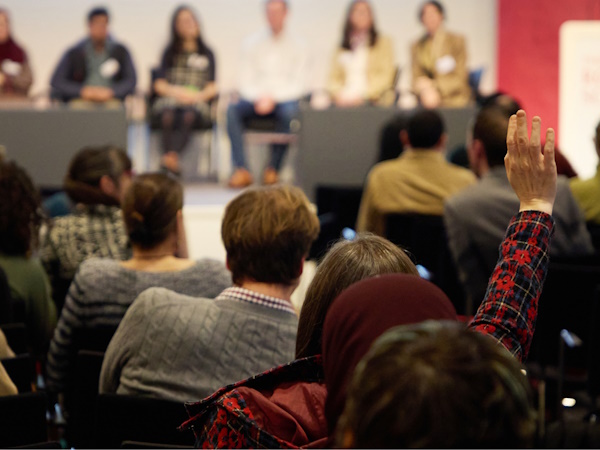
Theo Murphy meeting organised by Dr Jamie Bojko, Dr Jonathan Snow, Dr Bryony Williams and Dr Aaron Reinke.
The Microsporidia are spore-forming obligate parasites, whose taxonomic history has fluctuated for over a century. Morphological and genetic methods have created a plethora of taxa, but the formality of these taxa is questionable. By bringing together experts in microsporidian taxonomy, and representatives from fields in which microsporidians are pervasive (eg Agriculture, Aquaculture), we will develop agreeable Microsporidia Taxonomic Criteria (MTCs), which taxonomists can use as the foundation of new discoveries.
Programme
The programme, including the speaker biographies and abstracts, will be available soon. Please note the programme may be subject to change.
Attending this event
- Free to attend and in-person only
- When requesting an invitation, please briefly state your expertise and reasons for attending
- Requests are reviewed by the meeting organisers on a rolling basis. You will receive a link to register if your request has been successful
- Catering options will be available to purchase upon registering. Participants are responsible for booking their own accommodation
- Please do not book accommodation until you have been invited to attend the meeting by the meeting organisers
Enquiries: contact the Scientific Programmes team.

.png)

